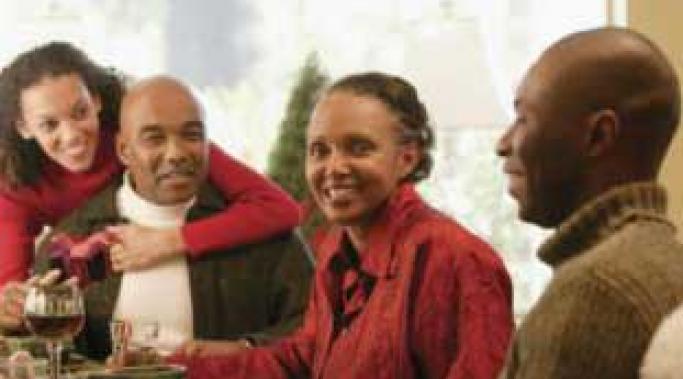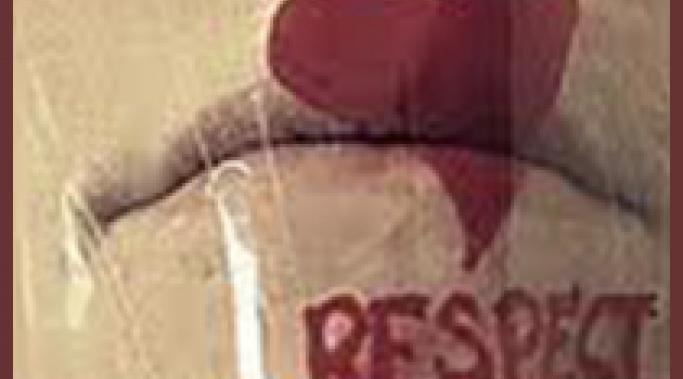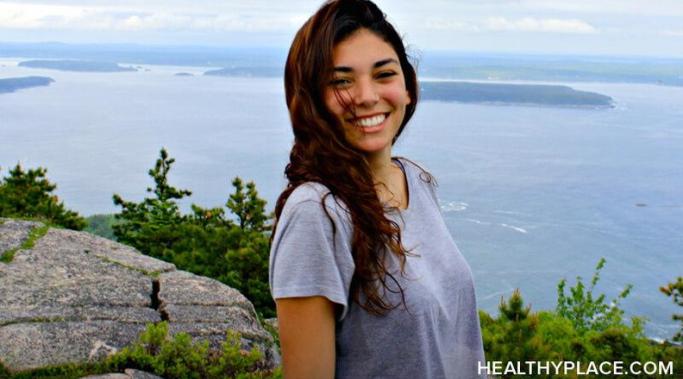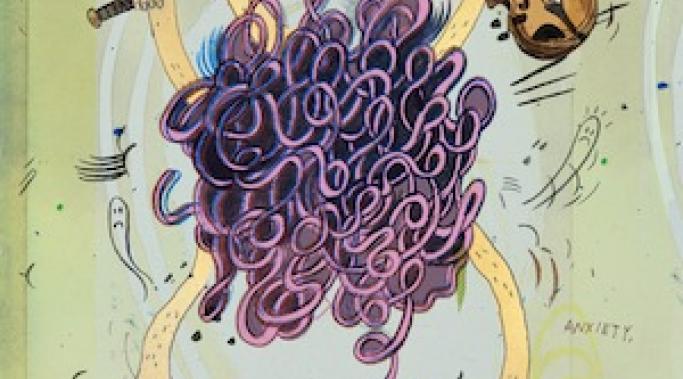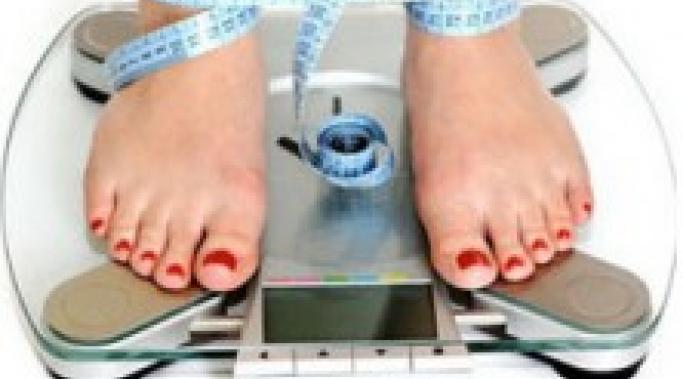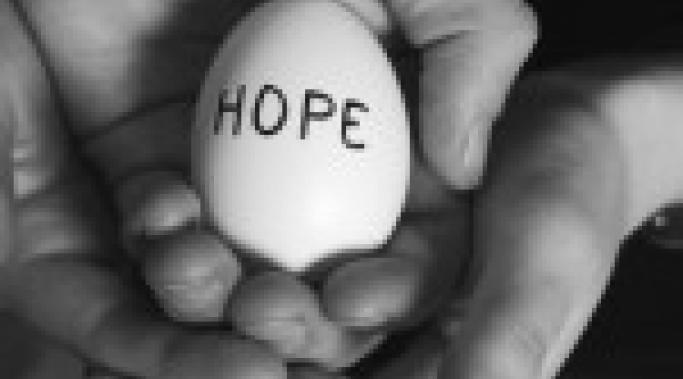While I suffered from bulimia, I was a very angry girl. I would use the comforts of food and the feeling of nourishment to cope with all types of stress. As soon as the comfort that came from eating would wear off, I would feel guilty, sad, but mostly angry. Angry at myself for being weak, for never looking the way I wanted, and for not performing at the level I felt I should, both academically and more significantly, socially.
Anxiety and Eating Disorders
The holidays are upon us with the party season in full swing and it can be a frightening time for someone suffering or recovering from an eating disorder. Most of you must know by now that I consider myself recovered and that I've maintained recovery from bulimia for over 5 years. However, that is no to say that I don't have some moments or even days when I feel more vulnerable to some potential eating disorder triggers; especially during the holidays
When I reflect on the years I struggled through my eating disorder; bulimia, and its recovery, it reminds me of how resilient human beings can be. In extreme times, whether tough or the opposite, I sometimes find myself appreciating my own inherent resolve not to self-harm.
I’m a foodie! I love food and I love cookbooks. I love my kitchen. Also, preparing food for the people I love knows no bounds! Let's pause for a second....I've also recovered from bulimia.
A few people have recently asked me how I deal with negative talk about body image when comments are made around me. While the following five tips are my ways of coping, I think they are universal enough to perhaps help you, too, when you find yourself in these types of situations:
Lately, I’ve been thinking about my breakthroughs in eating disorder recovery over the past 5 years. A recent major breakthrough happened just this past Spring. I find it ironic, because up until then, I felt very confident I was recovered from bulimia. But after the passing of a family member I deeply loved and cared for in late May, and while I was mourning that loss, I experienced a great deal of pain and sadness. Both were triggering my eating disorder, threatening the breakthroughs I've experienced in eating disorder recovery.
Writing an eating disorder blog, I walk a fine line. This is not my personal blog for me to whine and complain about everything that is going tough for me in recovery, and certainly not the place for me to discuss my weight, BMI, or specific behaviors. At the same time, this blog was never meant to read like a peer-reviewed journal article, sterile and clinical. There are plenty of resources out there written by professionals - which I am not - that can tell you all about the ins and outs of symptoms of eating disorders, their treatment, their recovery. In fact, there is a lot of great information in HealthyPlace's own Eating Disorder Community section.
So today, you just get a personal entry. Where I am in recovery. What I'm struggling with. What the next few weeks will bring for me.
I caught myself thinking the other day, "I wish I JUST had an eating disorder" or "I wish I JUST had bipolar." Meaning, of course, that I wish I only had to deal with one of my many mental health diagnoses as opposed to dealing with them all at once.
Do you believe there is hope for recovery from your eating disorder? Or do you believe the best you can hope for is management of your eating disorder symptoms?
I believe there is hope. I believe that one day, I will be free.
I woke up in a cold sweat, terrified. My heart was racing and I was fighting nausea. I was still wearing the clothes I came home in the day before. I reached for my cell phone and quickly called 911. I was panicking and it was difficult for me to talk. I explained what was going on while the dispatcher tried to calm me and get me to take my pulse. Soon the paramedics and police were at my home.
I was freezing as they wheeled me out to the waiting ambulance. At the hospital, I told them that I had been in an area hospital for seven days for re-feeding and detox from alcohol and prescription drugs. I noticed a slight change in their attitude as they listened. Soon, I was told that it was caused by withdrawal from benzodiazepines, or tranquilizers. The ER staff then discharged me at 1:30 a.m.
I arrived home, confused and wondering if I would ever get better.

